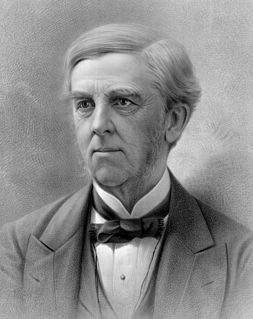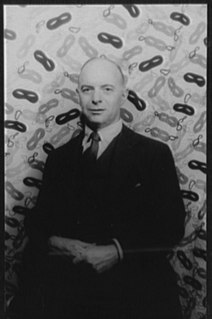A Quote by Francis Bacon
A just fear of an imminent danger, though be no blow given, is a lawful cause of war.
Related Quotes
We are living in a world of fear. The life of man today is corroded and made bitter by fear. Fear of the future, fear of the hydrogen bomb, fear of ideologies. Perhaps this fear is a greater danger than the danger itself, because it is fear which drives men to act foolishly, to act thoughtlessly, to act dangerously...
The tension of a mysterious danger is even more unbearable than danger itself. People hate the vacuum of an unknown situation. They want security. They even prefer war to the insecure expectation of a war with its threat of enemy surprise. This vague fearful expectation acts on their fantasies. They anticipate all kinds of mysterious dangers; they begin to provoke them. It is the evocation of fear and danger in order to escape the tension of insecurity.
We fear the past, present and future. We fear the unknown, we fear not having enough, losing what we have, not having what we want. We fear what will become of us and those that we care for. We fear what others think of us and what they don't think of us. We fear, fear, fear and therefore we are controllable through the manipulation of all that we fear. The present War on Terror is the War of Fear. No Fear, no control.
I was as afraid as the next man in my time and maybe more so. But with the years, fear had come to be regarded as a form of stupidity to be classed with overdrafts, acquiring a venereal disease or eating candies. Fear is a child's vice and while I loved to feel it approach, as one does with any vice, it was not for grown men and the only thing to be afraid of was the presence of true and imminent danger in a form that you should be aware of and not be a fool if you were responsible for others.
Acting requires focus, too, but acting doesn't, you might say, demand focus. When you're in the ring you don't even have to think about focus because the danger is so imminent. Imminent. You train and you prepare and then the adrenaline kicks in and drives you into focusing intensely. You'd better focus, right? Or else you'll make your exit on a stretcher.
With the unknown, one is confronted with danger, discomfort, and care; the first instinct is to abolish these painful states. First principle: any explanation is better than none. . . . The causal instinct is thus conditional upon, and excited by, the feeling of fear. The "why?" shall, if at all possible, not give the cause for its own sake so much as for a particular kind of cause -- a cause that is comforting, liberating, and relieving.








































